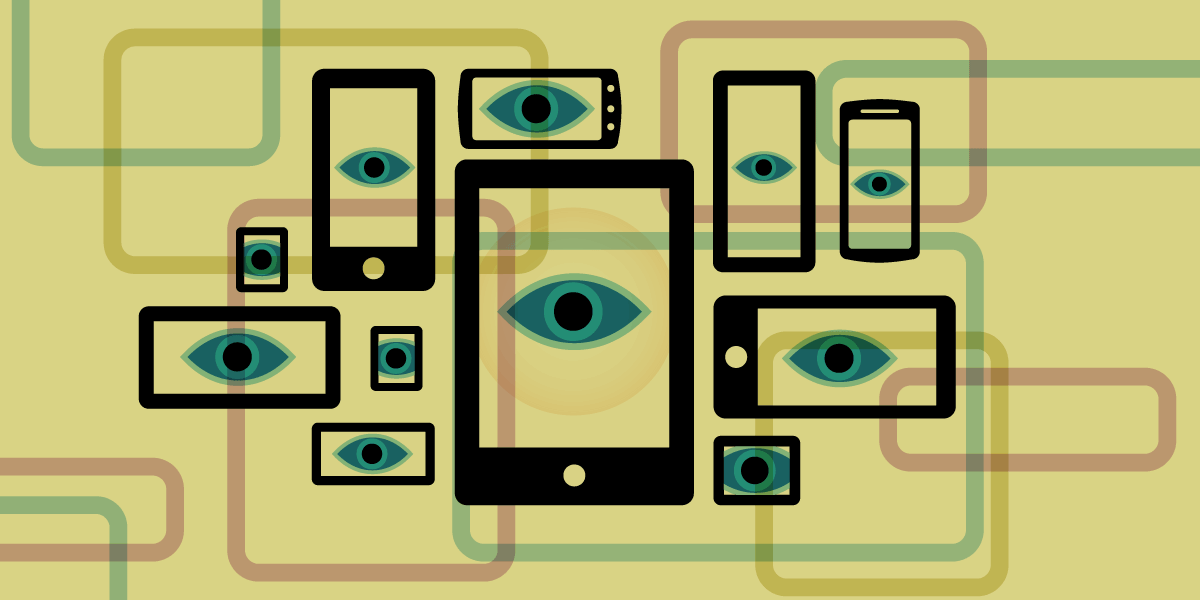- cross-posted to:
- news@lemmy.linuxuserspace.show
- cross-posted to:
- news@lemmy.linuxuserspace.show
Today, almost everything about our lives is digitally recorded and stored somewhere. Each credit card purchase, personal medical diagnosis, and preference about music and books is recorded and then used to predict what we like and dislike, and—ultimately—who we are.
This often happens without our knowledge or consent. Personal information that corporations collect from our online behaviors sells for astonishing profits and incentivizes online actors to collect as much as possible. Every mouse click and screen swipe can be tracked and then sold to ad-tech companies and the data brokers that service them.
In an attempt to justify this pervasive surveillance ecosystem, corporations often claim to de-identify our data. This supposedly removes all personal information (such as a person’s name) from the data point (such as the fact that an unnamed person bought a particular medicine at a particular time and place). Personal data can also be aggregated, whereby data about multiple people is combined with the intention of removing personal identifying information and thereby protecting user privacy.
Sometimes companies say our personal data is “anonymized,” implying a one-way ratchet where it can never be dis-aggregated and re-identified. But this is not possible—anonymous data rarely stays this way. As Professor Matt Blaze, an expert in the field of cryptography and data privacy, succinctly summarized: “something that seems anonymous, more often than not, is not anonymous, even if it’s designed with the best intentions.”


